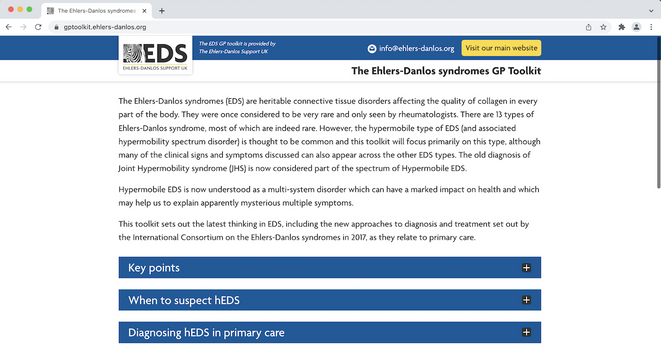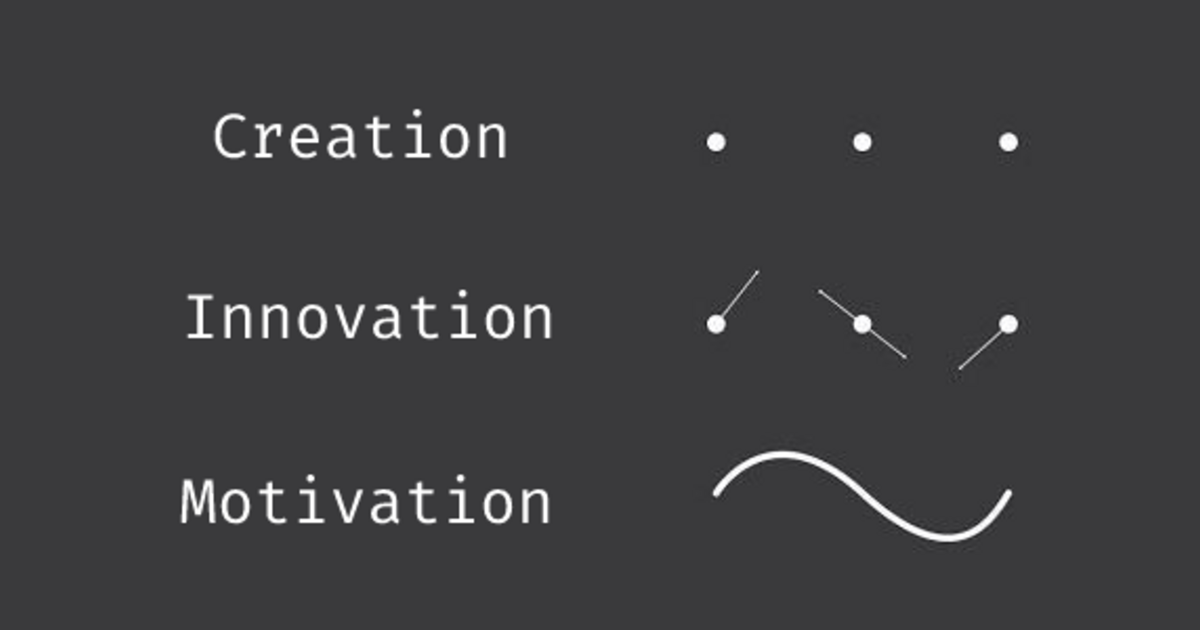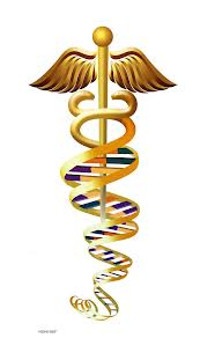Recent searches
Search options
#EDS
So I come to the hivemind:
do any of you all have any recommendations or favorite things that you have used on your own person to help keep you from accidentally injuring yourself?
Not just hands/fingers/wrists. But also arms/elbows, shoulders, knees and ankles.
my skeleton is being a real b*tch
Starting to find the bruises on my body from falling over the other day.
Each one is met with a moment of "What the heck is tha-oh, yeah."
My joints
“let me play you a beat”
*snap*
*crackle*
*pop*
I'll have another post or two later.
This post is about #EDS and finger splints.
Wednesday, I went to the hand surgeon. Thankfully, he knows EDS and knows surgery is not a good idea.
So today, I went to the OT he uses, in the same office.
I thought it was to talk about splints and exercises.
It was just to measure for splints.
The only ones my insurance covers are plastic. She made one for me.
We talked about the metal ring splints. the place she sizes for and recommends charges $100 a piece.
And she doesn't even order them.
So, I looked online. I found one called Zebra Splints, run by another person with EDS. A much more reasonable cost.
Has anyone bought splints from her?
Any other recommendations?
@apocalypselog you can get a quick overview here: https://gptoolkit.ehlers-danlos.org
And do a deep dive here:
And just search the #EDS hashtag too of course. You're in good company.

Apparently, I'm a gremlin - do not feed me after midnight. In my case, I get dysautonomia-induced high blood sugar.
I love chronic illness!
I have to keep reminding myself that I'm allowed to rest even when crazy shit is going on around me. The movement will go on, and when I am able to come back, someone else can take a break.
But right now I have bronchitis, so I need to sit the fuck down and shut the fuck up.
and...I completely forgot to watch my neck posture until halfway through, so that'll be like three days of headaches.
I mean, the misery of how I feel afterwards is a large part of why I struggle to make it a habit. Just saying. But, I need some movement or I hurt.
Wheels
Going to need some practice keeping balance
Big thanks to my wonder partner for helping me get this set up
#scooter #wheels #shortgirl #eds #ehlersdanlossyndrome #invercargill #photography
Symptom: Coat Hanger Pain
I only learned about this term very recently, from yumpsuit on the Fediverse. Thank you so much for letting me know about it!
I am almost disproportionately thankful to have a handy description for letting people know what I’m feeling, as well as how to look for ways to try to mitigate the pain. Reading about Coat Hanger Pain resonated deeply, in a way similar to how I often feel when I get a diagnosis: a feeling of relief, connection, community, and hope.
Many people who have not been chronically ill see a diagnosis as a negative. Indeed, many disabled people are never told their diagnoses, and are never told they are disabled. This needs to change, because as Granite and Sunlight explained:
Many people are disabled for a long time before they get a diagnosis which explains what is happening to them, and there is a resistance in the medical profession to giving long-term diagnoses, especially for young people and for women with chronic conditions which lack good treatment options, because of an outdated belief that labels are limiting and they don’t want people to ‘see themselves as disabled’. The fact they are already disabled, already struggling, is why disability justice advocates are trying to help medical professionals change their approach to this. Most people just want answers and context for what is happening to them – not having a name for it doesn’t mean it isn’t affecting their lives. Diagnosis gives people access to context, support and community who can help a person manage the condition better, but these are not built into the medical response to disability. Despite these delays, the person is still disabled all that time, and still needs access to the support and adaptations which can help them live good lives managing their conditions.
For more information about this, I recommend Brianne of No End In Sight’s TEDx Talk, Disease Begins Before Diagnosis.
Chronic Pain / Illness
Source: endohealthhub on Threads
Chronic Illness can be a pain in the connective tissue
#eds #edsmemes #heds #ehlersdanlos #connectivetissue #lupus #sjogrens #mctd



